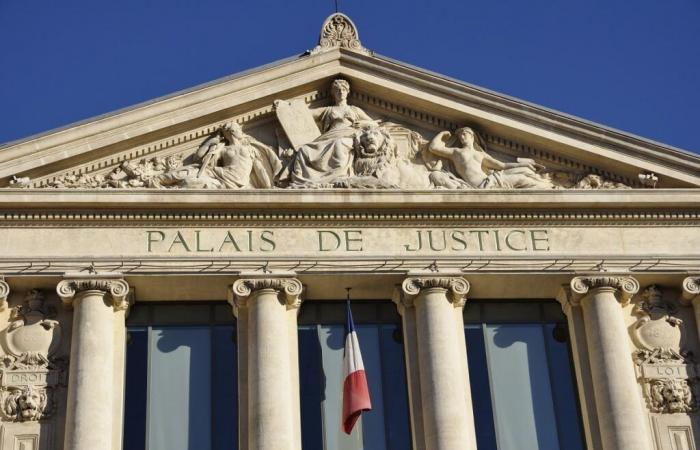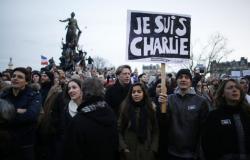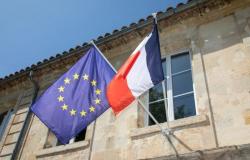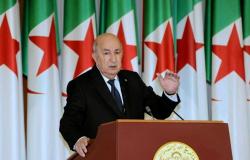Two Algerian influencers were arrested on Friday January 3 in France. They are accused of having launched calls for murder and of advocating terrorism.
While these arrests are welcomed, they are a reminder that similar acts are not always followed with the same firmness, particularly those emanating from the xenophobic extremist sphere.
The two influencers, known on Tik-Tok under the names “Youcef Zazou” and “Imadtintin”, were arrested in Brest and Echirolles, respectively.
The first was placed in pre-trial detention and charged with “public apology for a terrorist act”. The second, prosecuted for “direct provocation to an act of terrorism committed by means of an online public communication service”, saw his police custody extended.
They had been reported by an Algerian activist based in France and the authorities acted very quickly. The matter is taken very seriously to the point where the arrest of the two individuals was announced the same day by the Minister of the Interior through two successive tweets. “Don’t let anything slip by,” repeated Bruno Retailleau in his two messages on X.
Many in France believe that this firmness is welcome but point out a sort of double standard in the attitude of the French authorities towards calls for violence, depending on which party they come from and which one. they target.
For the Franco-Algerian politician Ismaël Boukedjada, it is indisputable that “calls for crimes must be severely punished”. However, he emphasizes in a message on X addressed to Bruno Retailleau, it is imperative to “treat everyone the same way”.
Boukedjada accompanied his tweet with a screenshot taken on the same social network. We see an individual threatening the Algerians living in France with a mass massacre, like those of the Second World War.
“I swear to you, Algerians, get out of France because we are going to kill you all in Auschwitz,” we read on the tweet.
Trivialization of violent and hate speech in France
These extremely serious comments did not give rise to the same reaction which followed the reporting of the two Algerian influencers. No doubt because this type of speech has become very commonplace in recent years in a France increasingly conquered by extremism.
Verbal attacks against immigrants, particularly those of Algerian origin, are daily, in the streets, on social networks and television sets and they are sometimes the work of politicians, state officials and elected.
The confusions between Muslims and terrorism which have systematically followed each attack for several years, or between delinquency and immigration, also constitute indirect calls for violence, even murder.
Racist remarks too, as well as all these prejudices rehashed on the media at peak times, attributing France’s ills to immigration, Muslims and Algerians.
French justice has rarely punished the perpetrators of such excesses, including direct calls for murder and mass massacre like that reported by Ismaël Boukedjada.
Figures like Éric Zemmour, Marion Maréchal le Pen, Sarah Knafo and Jean Messiha have contributed greatly in recent years to fueling hatred and xenophobia and creating an unbreathable climate in France.
The French political authorities and justice system would gain credibility by repressing calls for violence wherever they come from. Not to do so is to take the risk of being accused of having acted out of simple political calculation in a context of very tense relations with Algeria, although it is obvious that the two individuals arrested last Friday do not represent neither Algeria nor the Algerians, from France or elsewhere.






